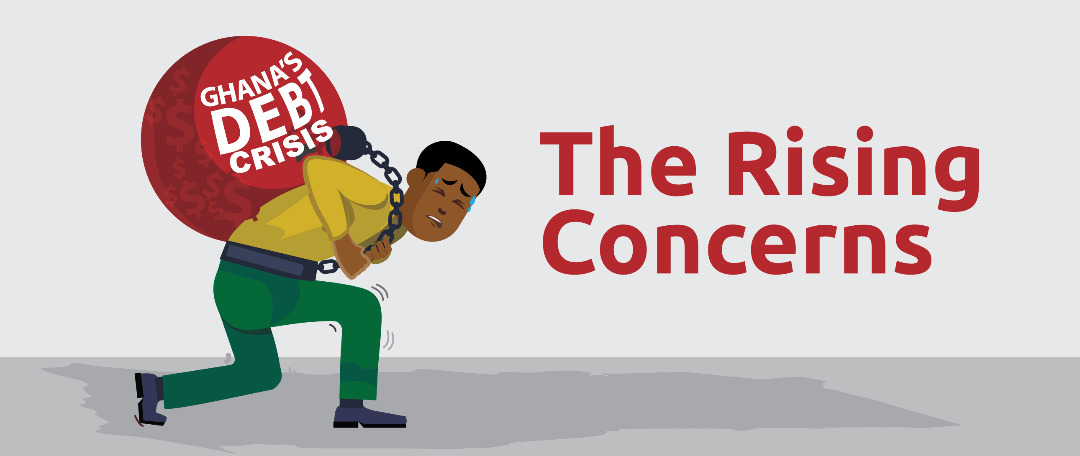Rising Debt Levels in the U.S & Credit Counselling
Household debt in the United States, as of 2024, has reached unprecedented levels, surpassing $17 trillion. Key contributors include student loans, credit card debt, and auto loans. Credit card debt alone has crossed $1 trillion, with rising interest rates adding to the financial strain for millions of Americans. This mirrors concerns faced by Asia in recent years, where proactive credit counseling initiatives have played a role in debt management.
In the United States, credit counseling is often sought when a household’s monthly debt payments (excluding mortgage or rent) exceed 20% of its monthly income. Credit management plays a crucial role in stabilizing personal finances and ensuring sustainable economic growth, particularly in a country where consumer spending drives over two-thirds of GDP. With debt levels at record highs, credit counseling is increasingly becoming a tool for
The impact of credit counseling programs in the U.S. is evident from their success stories. NFCC reports show that more than 1 million individuals sought credit counseling services in 2023, with approximately 60% enrolling in debt management plans. These programs have enabled consumers to consolidate debts, negotiate reduced interest rates, and establish realistic repayment schedules.
However, challenges persist. A significant proportion of individuals seeking counseling are unable to manage their debts even after interventions, particularly those burdened by medical bills or predatory lending practices. These cases underscore the need for stronger regulatory measures and consumer protections.
National Debt and Public Policies
At the federal level, U.S. public debt has surpassed $33 trillion, raising concerns about fiscal sustainability. However, unlike Greece or Cyprus, where high public debt contributed to severe economic crises, the U.S. benefits from the dollar’s status as the world’s reserve currency, allowing it to maintain access to affordable financing.
The government has also initiated measures to address consumer debt, such as enhanced transparency in credit card billing and expanded federal student loan forgiveness programs. These efforts aim to reduce financial stress while promoting economic stability.
The role of credit counseling in managing debt in the U.S. cannot be overstated. Key initiatives include:
- Financial Literacy Programs: Increasing awareness about budgeting, credit scores, and debt management among consumers.
- Debt Relief Strategies: Expansion of debt restructuring programs, similar to the initiatives seen in other European countries and Australia.
- Improved Access to Services: Technology-driven platforms are making credit counseling services more accessible, particularly to underserved communities.
Despite progress, the U.S. must remain vigilant. Rising interest rates, persistent inflation, and economic uncertainty could exacerbate debt-related issues. Without proactive measures, the risk of falling into a debt-driven economic downturn remains.
Will Credit Counselling Prevent a Crisis?
The success of credit counseling and debt management programs in the U.S. depends on their ability to adapt to evolving financial challenges. While these programs offer a lifeline to struggling households, broader structural reforms—such as addressing income inequality and healthcare costs—are essential for long-term stability.
Whether the U.S. can prevent a debt crisis similar to those seen in other economies remains to be seen. What is clear, however, is that credit counseling is a crucial component of the nation’s financial toolkit.









